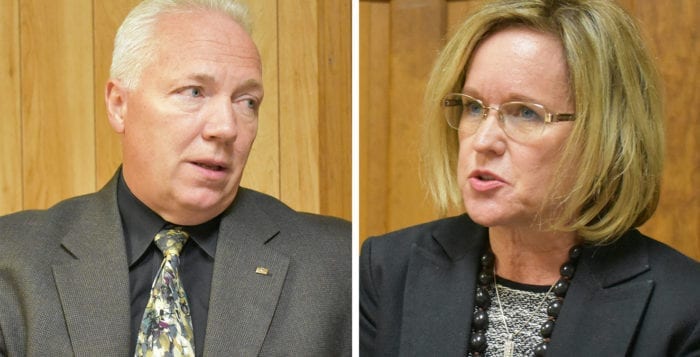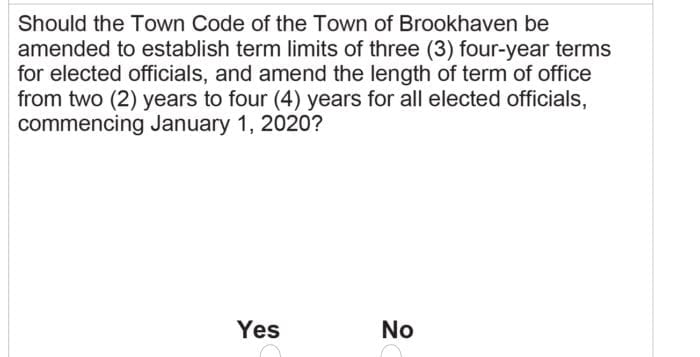Polls closed in New York at 9 p.m.
Check back for updated results as they come in.
Check out results from the state, federal and local North Shore races as they come in on election night. Follow @TBRnewsmedia on Facebook and Twitter for the latest and search the hashtag #TBRVoters. All results are courtesy of the Suffolk County Board of Elections and the New York State Board of Elections.
1st Congressional District
Lee Zeldin (R): 52.47%; 130,919
Perry Gershon (D): 46.41%; 115,795
“This was the clear contrast of results versus resistance, and results won today,” Zeldin said. “It’s important we get to people’s business and deliver results.”
3rd Congressional District
Tom Suozzi (D): 54.33%; 49,448
Dan DeBono (R): 45.64%, 41,571
New York State Assembly 2nd District
Anthony Palumbo (R): 60.20%; 29.340
Rona Smith (D): 39.78%; 19.386
“It’s great to see we won by a nice margin,” Palumbo said. “It validates we’re going in the right direction. I will try to discuss some issues raised by my opponent”
New York State Assembly 4th District
Steve Englebright (D): 60.15%; 25,742
Christian Kalinowski (R): 39.84%; 17,050
New York State Assembly 8th District
Mike Fitzpatrick (R): 61.42%; 30,383
Dave Morrissey (D): 38.58%; 19,086
“I’m going to continue to pursue my objective of being a strong voice for mandate relief and strengthening the private sector to make people aware the need to slow down the growth of taxes,” Fitzpatrick said. “We are losing too many people — too many retirees, too many young people, too many people in the middle class are looking elsewhere as the cost of living is getting too high.”
Steve Stern (D): 59.48%; 26,687
Jeremy Williams (R): 40.51%; 18,176
New York State Assembly 12th District
Andrew Raia (R): 55.88%; 26,705
Avrum Rosen (D): 44.11%; 21,080
New York State Senate 1st District
Ken LaValle (R): 58.32%; 65,933
Greg Fischer (D): 41.64%; 47,084
New York State Senate 2nd District
John Flanagan (R): 55.36%; 62,748
Kathleen Cleary (D): 44.63%; 50,581
New York State Senate 5th District
Jim Gaughran (D): 53.23%; 62,933
Carl Marcellino (R): 44.73%; 52,883
Smithtown Town Board
Tom Lohmann (R): 57.95%; 26,428
Amy Fortunato (D): 42.03%; 19,170
Huntington Town Board
Joan Cergol (D): 53.16%; 40,741
Jim Leonick (R): 46.83%; 35,884
Brookhaven Town Proposal 1
Yes: 58.15%; 80,250
No: 41.85%; 57,747
***Totals are not final.
Updated Nov. 7 at 12:10 a.m.
Updated Nov. 7 at 3:30 p.m.
















